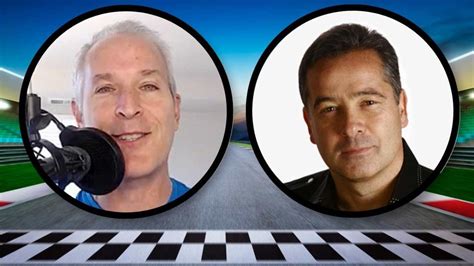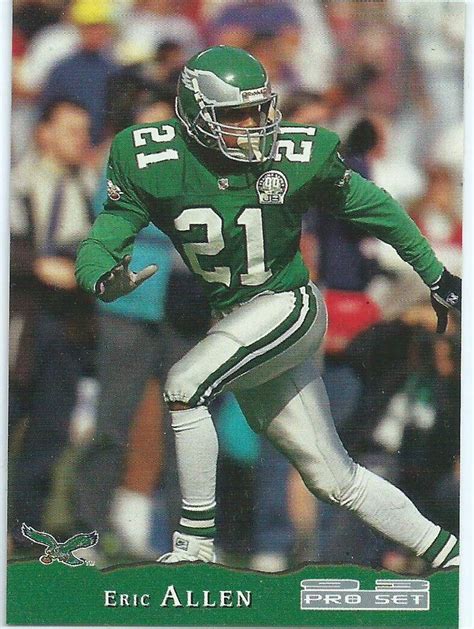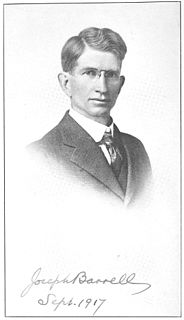A Quote by Maria Konnikova
Incongruous information is discarded, and supporting information is eagerly retained. Our memory actually ends up skewed: we are better able to process and recall the facts that we are motivated to process and recall, while conveniently forgetting those that we would prefer weren't true.
Related Quotes
An important verity about knowledge is that the brain works most effectively with consciously retained information. We more easily remember what we want to recall later. When we feed our fourteen billion brain cells with information that will enrich us and help others, we are really learning to Think Big.
So much of the past in encapsulated in the odds and ends. Most of us discard more information about ourselves than we ever care to preserve. Our recollection of the past is not simply distorted by our faulty perception of events remembered but skewed by those forgotten. The memory is like twin orbiting stars, one visible, one dark, the trajectory of what's evident forever affected by the gravity of what's concealed.
Clinton's team used a technology called BleachBit, which is basically acid, and this is going to acid wash her emails. Who would do this? She claims she couldn't recall important information on 39 separate and different occasions. She can't even remember whether she has trained in the use of classified information. And she said she didn't know the letter C means "confidential" or at least "classified." If she can't remember such crucial events and information, honestly, she's totally unfit to be our commander-in-chief, totally unfit.
In the case of health information, I spent twenty-five years practicing medicine, and I was all too familiar with the fact that information wasn't properly shared, so I wouldn't know exactly what was in the hospital records; patients would be lost. Computerization gives the opportunity to actually get the information much better.
Data isn't information. ... Information, unlike data, is useful. While there's a gulf between data and information, there's a wide ocean between information and knowledge. What turns the gears in our brains isn't information, but ideas, inventions, and inspiration. Knowledge-not information-implies understanding. And beyond knowledge lies what we should be seeking: wisdom.
We believe that we live in the 'age of information,' that there has been an information 'explosion,' an information 'revolution.' While in a certain narrow sense this is the case, in many important ways just the opposite is true. We also live at a moment of deep ignorance, when vital knowledge that humans have always possessed about who we are and where we live seems beyond our reach. An Unenlightenment. An age of missing information.






































